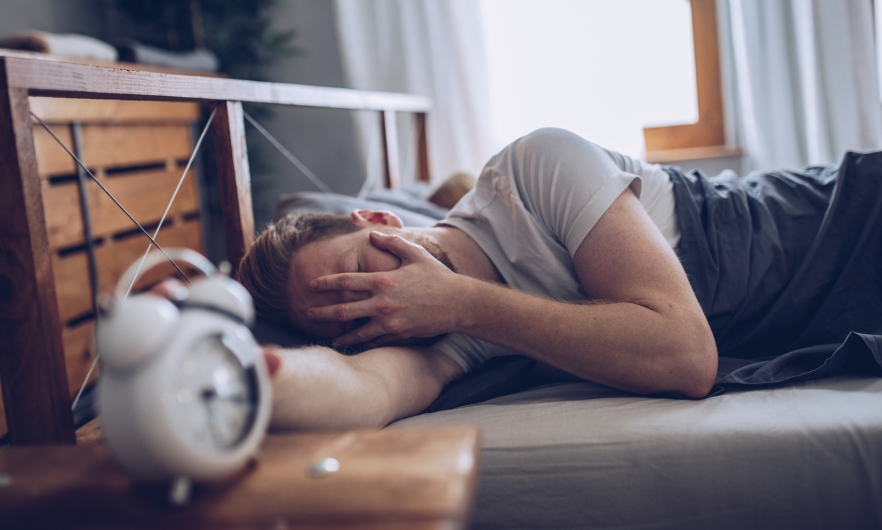
Daylight Saving Time (DST) is the practice of advancing clocks by one hour throughout the summer months. The fundamental purpose of DST is to optimize natural daylight during the longer days of spring, summer, and early fall. By setting their clocks forward in the spring, people can enjoy longer evening daylight. This can reduce the need for artificial lighting and heating, resulting in energy conservation. DST’s start and end dates vary by country and region, and it is not observed everywhere on the planet. Some regions may opt out of DST because they do not believe it will benefit them.
Let’s dive in deeper to know how Daylight Saving Time affects our body
Although the initial intent of this technique was to preserve energy and maximize daylight, it has some physiological implications. The following is how daylight savings time impacts our bodies:
Disrupted sleep patterns
One of the most visible and immediate effects of DST is the disruption of our sleep cycles. When we “spring forward” our clocks by one hour in the spring, we lose an hour of sleep. This seemingly minor change can have a substantial impact on our circadian cycles, making it more difficult to wake up in the morning and contributing to tiredness throughout the day.
Health issues
According to research, the disruption caused by DST may increase the chance of a variety of health problems. Heart attacks, strokes, and even industrial injuries are more common in the days following a shift. The abrupt change could have resulted in stress and sleep deprivation, which could be the reason for this increased risk.
Mood swings
DST has an effect on our mental health as well. Unexpected disruptions to our typical routines might result in mood swings, anger, and increased stress levels. Reduced exposure to natural light has the potential to exacerbate diseases such as Seasonal Affective Disorder (SAD) and have an effect on our mood.
Changes in circadian rhythm
The internal, natural clock that runs throughout our bodies is known as the circadian rhythm. This rhythm regulates several physiological systems, including hormone synthesis, body temperature, and sleep-wake cycles. When we change our clocks for daylight saving time, our circadian rhythms can be thrown off, causing jet lag without really changing time zones.
Health Benefits
The benefits and drawbacks of daylight saving time have long been disputed; it all depends on your point of view. DST may have the following health benefits:
- Increased exposure to natural light: DST extends daylight hours further into the evening during the warmer months. This may encourage people to spend more time outside and engage in nocturnal activities such as jogging, strolling, or socializing. Among the several health benefits of exposure to natural light are increased vitamin D production, better sleep, and improved happiness.
- DST can increase outdoor activities and social interactions with friends and family, all of which are helpful to mental and emotional health. It is well acknowledged that having social bonds increases one’s overall well-being.
- Increased physical activity: When the evening daylight hours are longer, people may be more likely to engage in outdoor physical activities. Exercise on a regular basis has been linked to a variety of health benefits, including improved cardiovascular health, a lower risk of chronic diseases, and weight management.
